Register for Free
Bookmark your favorite posts, get daily updates, and enjoy an ad-reduced experience.
Already have an account? Log in
Bookmark your favorite posts, get daily updates, and enjoy an ad-reduced experience.
Already have an account? Log in
It is fitting that much of the research conducted by UKTN that has formed the basis of our report into the Solent region has required access to the internet. Much of the early work and subsequent advances in optical fibre communications, which form the arteries of the internet as we know it today, took place in this region.
It was the pioneering work of Sir David Payne, Robert Mears and others at the University of Southampton in the 1980s that formed the demonstration of the first Erbium Doped Fiber Amplifier (EDFA) which transformed the telecommunications world in the following decades and cemented the region’s status as the most advanced research hub for the development of the internet in the UK. The Web Science Research Initiative, an organisation seeking to formalise technical aspects of the web, was formed in 2006 between America’s MIT and the University of Southampton.
Fast-forward to today and the Solent region continues to be at the forefront of the development of the most advanced technologies. When the United Nations formed a global advisory board for Artificial Intelligence, it was the University of Southampton’s Regius Professor of Computer Science, Dame Wendy Hall, who was named among its 32 board members, out of a shortlist of more than 1800 candidates. The Solent region is leading the way across a suite of areas within tech, including in computer science, biotech and – a nod to its immense maritime heritage – in marine technology.
There have also been signs of greater collaboration between the region’s hubs, notably an application to create a joint mayoral authority for Hampshire, Southampton, Portsmouth and the Isle of Wight.
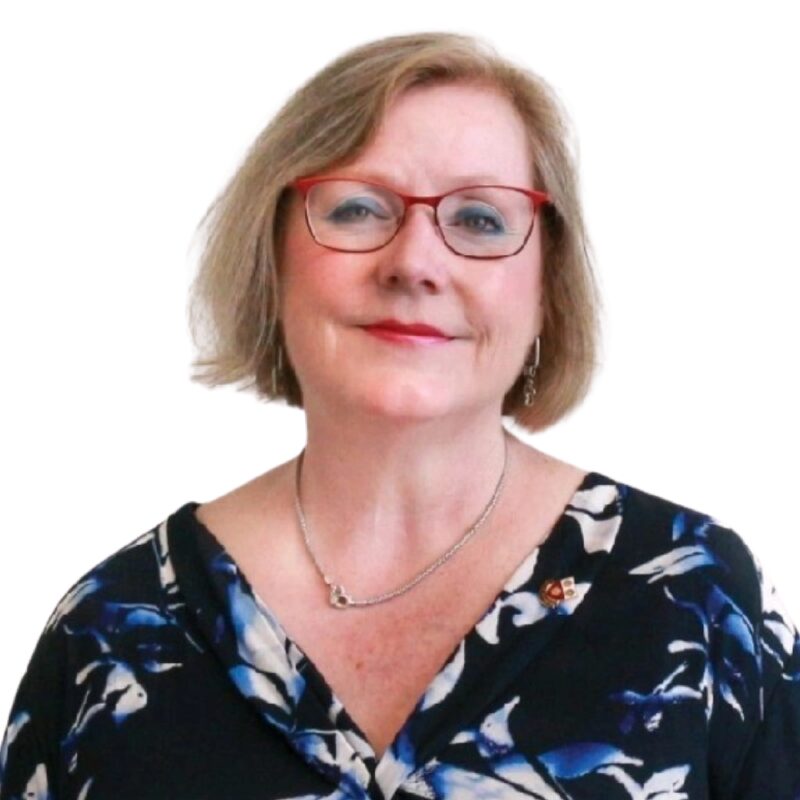

Councillor Lorna Fielker,
Leader of Southampton City Council
I believe devolution has the potential to bring significant opportunities for both residents and businesses in Southampton. The city already has an enviable reputation for technology and innovation. The advantages that come from being part of a Strategic Authority will enable the entire region to benefit, including our successful tech and other growth sectors. Along with our local authority partners, we are looking forward to hearing from government shortly about next steps.
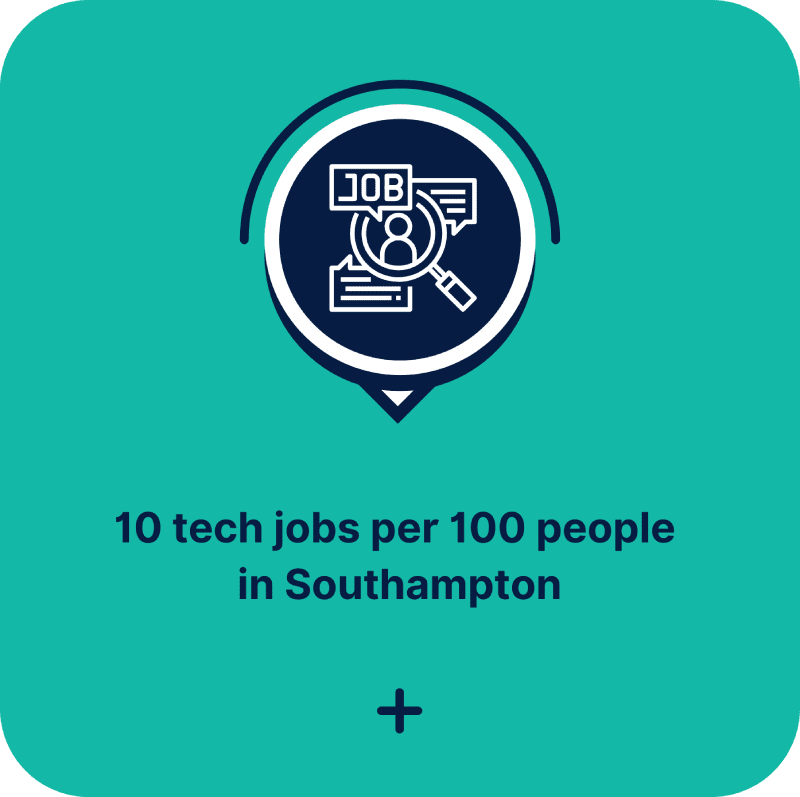

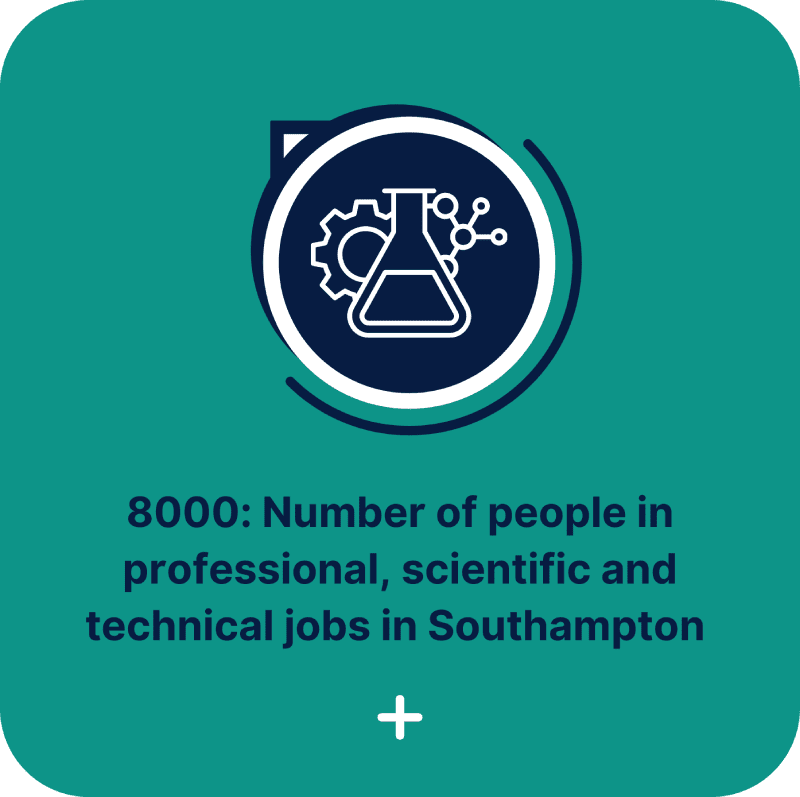


Source: Southampton Data Observatory
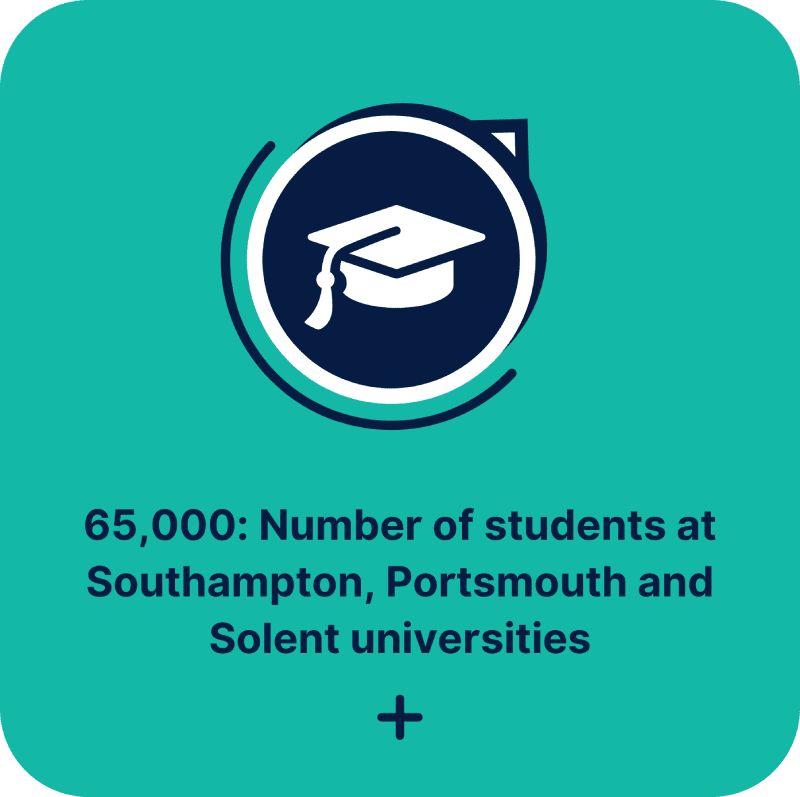


Source: University Websites
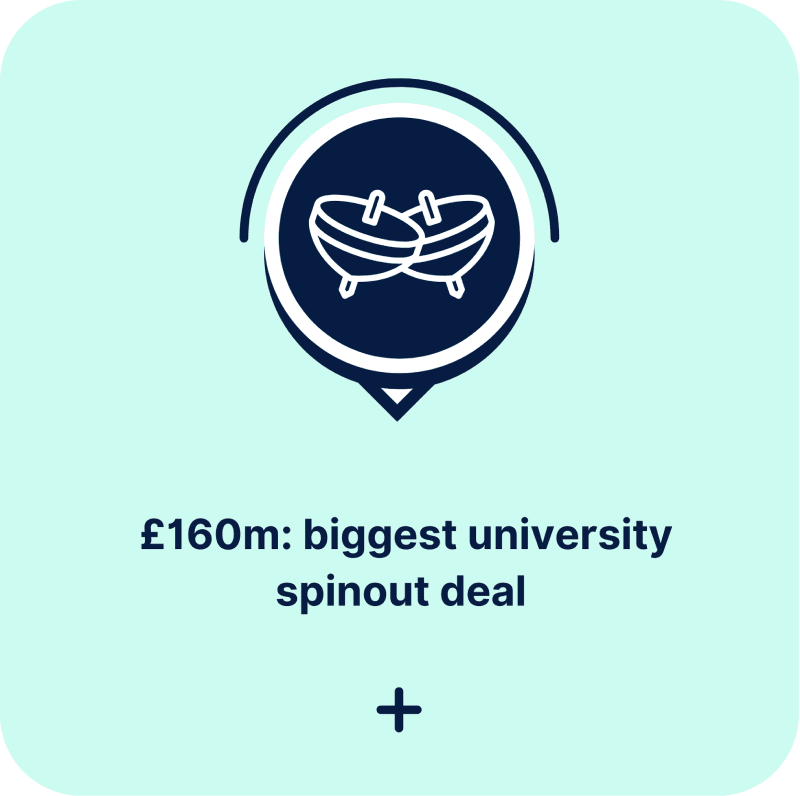


Source: Portsmouth University



Source: HESA
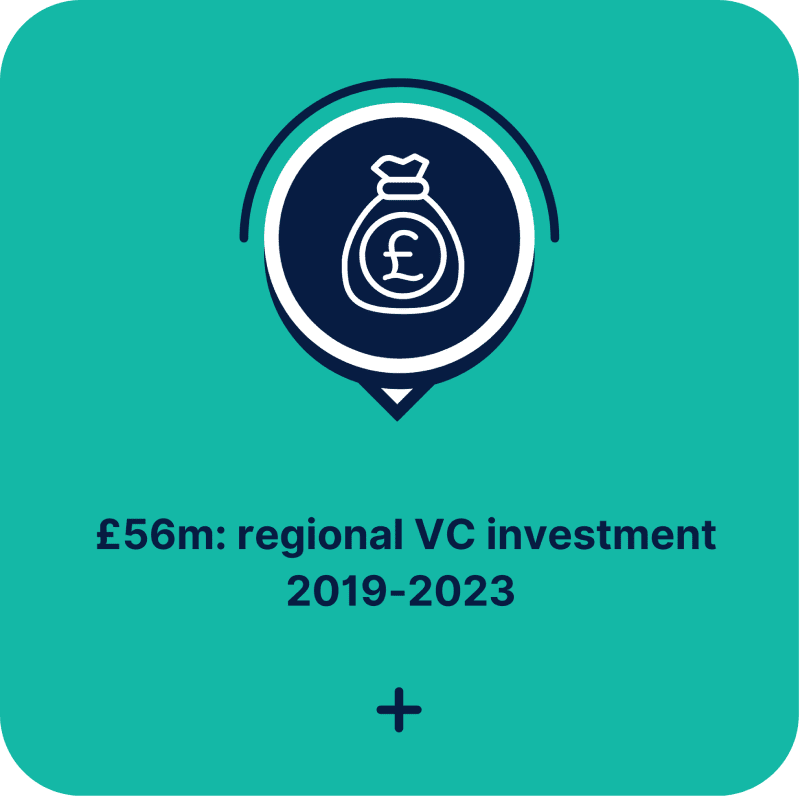


Source: Solent Local Enterprise Partnership



Source: DealRoom





Source: Southampton Data Observatory



Source: University Websites



Source: Portsmouth University



Source: HESA



Source: Solent Local Enterprise Partnership



Source: DealRoom


The Solent region has seen the rise of several tech clusters, particularly in Southampton and Portsmouth. These clusters have become hubs for innovation, attracting startups and established tech companies alike. For instance, the Southampton Science Park has been instrumental in fostering a collaborative environment for tech businesses, offering state-of-the-art facilities and support services.
The Solent region is widely known to be among the best in the UK for its academic research into areas such as computer science – and there are early signs of that research feeding through into private sector entrepreneurship. In 2018 Southampton ranked ahead of Oxford and Bristol to be considered one of the top five super clusters in the UK for medium-sized tech businesses.
There is plenty of opportunity for Solent’s technological innovation to seek greater levels of private investment commensurate with other parts of the UK. According to data from DealRoom, the region attracted a little over £55m in venture investment between 2019 and 2023, ranking it roughly in the middle of all the regions of the UK. Solent has not yet produced the same number of unicorns that areas like Oxford, Manchester and Bristol have gained a reputation for, and average funding round deal sizes are lower than in these hubs.
However, there are signs that under the right conditions, the research produced in Solent can be commercialised at scale. Among the best examples is when British pharma giant AstraZeneca purchased Spirogen, a biotech firm spun out from the University of Portsmouth from Professor David Thurston, a former pharmacist at the university, in 2013 in a £350m deal. At that time, Portsmouth sold its substantial share in the company, and in the decade which has followed it has since re-invested the proceeds back into many new research programmes, an indication of the kind of flywheel effects that the region can harness in the years to come.
In November 2024, Lloyds Bank private equity subsidiary LDC invested in LendingMetrics, a leading credit risk technology provider based in Whiteley, Fareham, to help scale its presence in the UK’s fast-growing decisioning software and data market.
Co-founded in 2010 by CEO Neil Williams and Commercial Director David Wylie, LendingMetrics offers software and data solutions that enable automated and risk-based lending decisions. Its products, including the Auto Decision Platform (ADP), LendingMetrics Exchange (LMX), and OpenBankVision (OBV), are used by building societies, mortgage companies and online lenders.
LDC’s investment will help the business to accelerate new product development and expand its network of partners in consultancy and data services. A team from Womble Bond Dickinson (WBD), led by corporate partners Alex Fergus and Tom Fitzpatrick, advised LDC on all legal aspects of the investment. Sheilah Mackie and Andrew Kimble in WBD’s Southampton Office, provided advice to LDC on IT and data considerations including data protection and technology contracts, as well as regulatory compliance and risk management.
LDC’s approach to deals is characterised by a deep understanding of the digital landscape and a commitment to delivering innovative solutions.
Neil Williams, CEO at LendingMetrics, said: “LDC’s track record in backing technology businesses speaks for itself, but it was the team’s approach to the investment that made the difference. They’re already providing the kind of strategic input we expected from an experienced investment partner, but they back us as a team to lead the business and pursue our own vision and ambition.”
The Solent region is known for its thriving business ecosystem. LDC’s investment in LendingMetrics contributes to the dynamic tech community within the region, by fostering innovation in fintech. It supports the development of new technologies and solutions for a host of industries including telecoms, utilities, and insurance. LDC’s investment in LendingMetrics not only supports the company’s growth but also has a broader positive impact on the local business ecosystem. The investment also aligns with the Solent region’s broader goals of driving digital transformation and strengthening resilience.


To provide the best experiences, we and our partners use technologies like cookies to store and/or access device information. Consenting to these technologies will allow us and our partners to process personal data such as browsing behavior or unique IDs on this site and show (non-) personalized ads. Not consenting or withdrawing consent, may adversely affect certain features and functions.
Click below to consent to the above or make granular choices. Your choices will be applied to this site only. You can change your settings at any time, including withdrawing your consent, by using the toggles on the Cookie Policy, or by clicking on the manage consent button at the bottom of the screen.